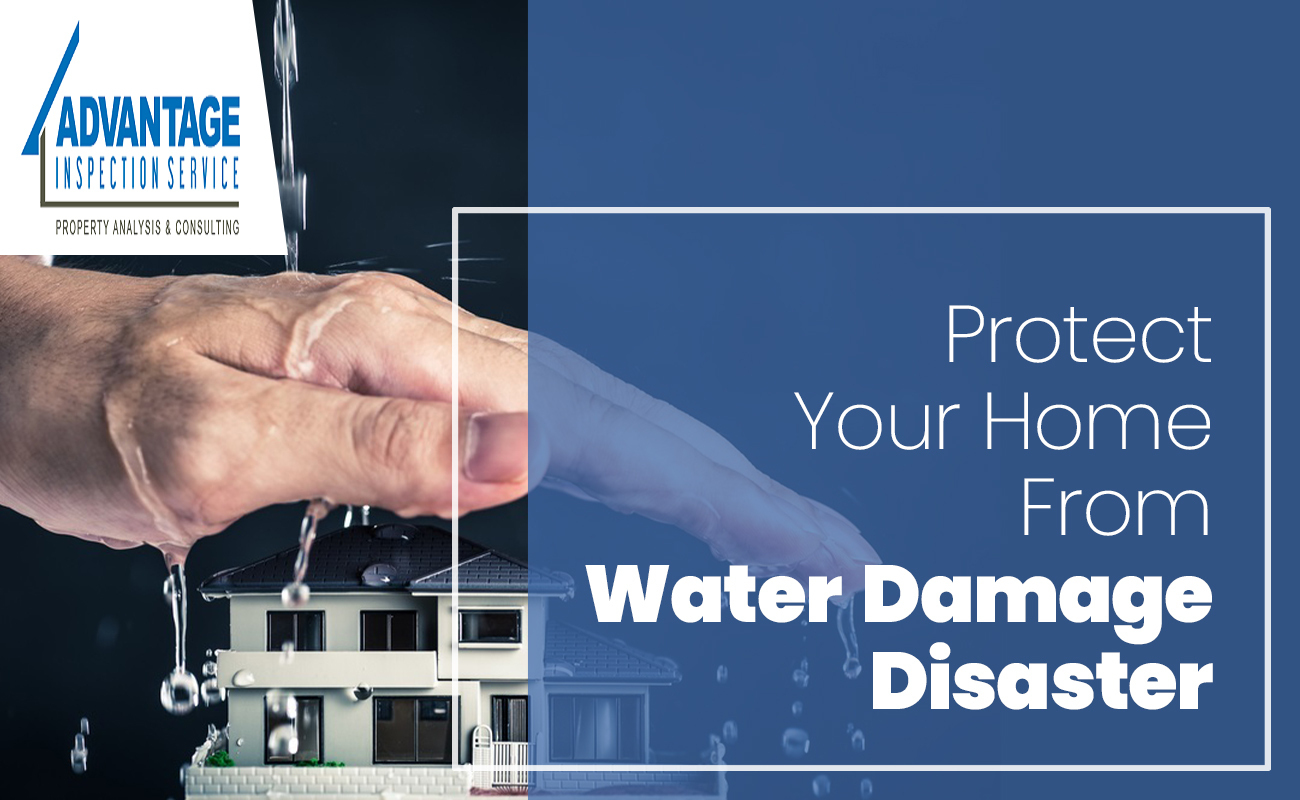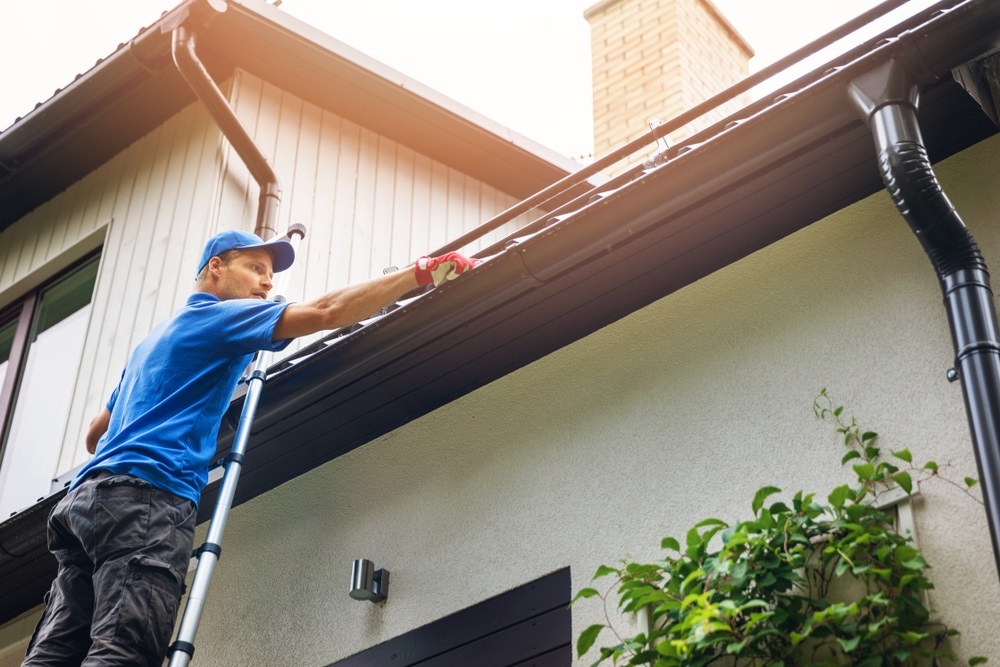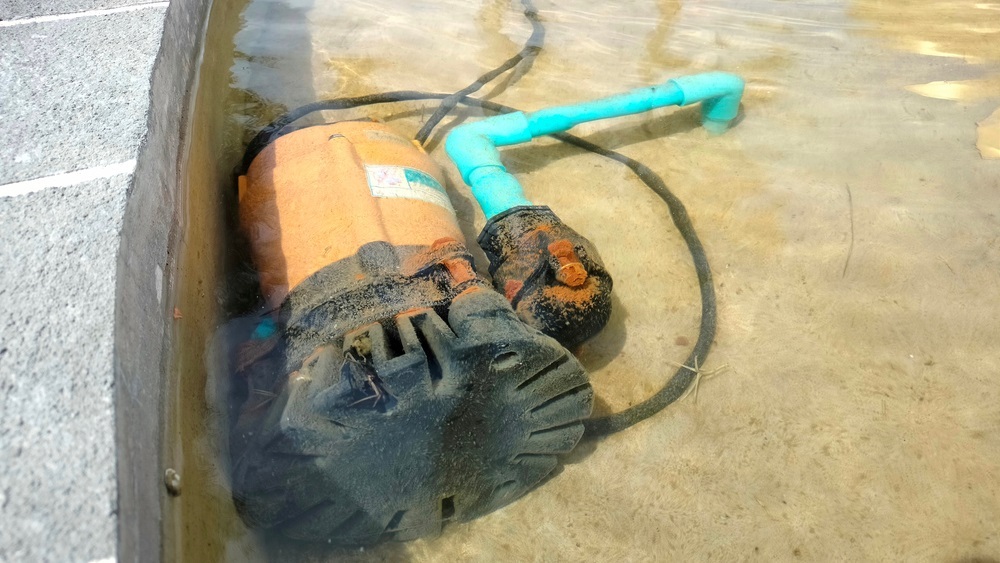As a resident of Arizona, you know that you are going to get sunshine, and…

Protect Your Home From Water Damage Disaster
According to the best home inspectors in Phoenix, water damage is one of the common reasons for the property-related loss. Homeowners might think water damage is a seasonal threat, but they appear wrong. Preparing your home for winter is essential, but leaving your home unattended during summer might result in unidentified leaks that cause extensive damage. In this situation, homeowners often worry about protecting their homes from such disasters (water damage). You, as a homeowner, shall use the following steps to ensure your home’s protection against water damage and let yourself have peace of mind.
Inspect Your Roof
One of the significant parts of a house is a roof that protects you and your family from different sorts of issues. While once your roof starts to deteriorate, it can go undetected until and unless the real problems become evident. For this reason, you shall go with a regular home inspection in Phoenix and follow up with a roof inspection.
Inspecting your roof can determine its condition and can give you an idea of whether your roof needs repair or replacement. Know that an updated and perfect roof is one of the best ways to protect your home from water damage disasters.
Clean Your Gutters
One of the best ways to prevent water damage is to have clean gutters. Poor drainage can affect your home’s foundation, resulting in cracks and giving a clear path for rainwater to get into your living room walls and your basement. You shall regularly clean your gutters, and if not regularly, then twice a year. Furthermore, if your area faces heavy rains, you shall clean your gutters as soon as possible. This is because heavy rains result in stuffing your gutter with branches and wet leaves, followed by sagging or overflowing gutters. If you don’t clean your gutters as told above, your drainage system will become ineffective, leading to severe water damage.

Caulk and Seal Your Windows
If water is leaking from your doors or windows, this indeed signifies that you should replace them. If they are in good condition and you don’t want to replace them, reseal your windows, as this can help you prevent water damage. Whereas caulking is a way to seal your windows, you can also caulk around your ceiling fixtures, bathtubs, faucets, and other plumage points from where you can expect the risk of water leakage.
Steps for applying caulk:
- Select a 100% silicon seal to prevent leaks around your windows and faucets. Silicon is flexible, crack- and water-resistant, unlike acrylic caulk. The caulk holds the key to preventing water damage to homes.
- Before adding a fresh coat, remove any previous particles and debris from the area with a caulk-removing tool.
- Start caulking by placing a tube of caulk into your caulking gun. Try to squeeze with even pressure to control the instrument and prevent a mess. Keep in mind that silicon caulk is permanent, so exercise caution.
- After placing the caulk where required, spread it evenly with a smoothing instrument. To prevent additional water damage, try to fill in all the cracks in your walls and windows.
Check Your Pipes
Generally, experts suggest inspecting your pipes annually. While if you reside in a wet or cold climate, you should check those out more frequently. After years, pipes often decay and become corroded and rusty, resulting in home water leaks. In severe cases, deteriorated pipes lead to flooding or an influx of raw sewage. And, not to mention, these water damages are not only costly but also time-consuming. Hence, it is better to have your pipes checked at least once a year and ensure their condition beforehand.
Test Your Sump Pump
The very best way of defense against basement floods is a sump pump. With a sump pump, water will gather in a basin and pump into a dry well or municipal sewerage instead of pooling behind basement walls or on the floor.

Steps for testing the sump pump:
- Locate the exterior pipe that carries water from your house. Give it a thorough cleaning if it’s overstuffed with leaves or additional dirt.
- Find the sump pump in your basement, and ensure you have plugged it into a working outlet.
- Ensure that your sump pump’s cover, if it has one, is free of any dirt or debris.
- You should add five gallons or so of water to the sump pump’s basin. Until you see it switch on and start pumping water, keep pouring gently and evenly.
How Do You Repair Water Damage in the Home?
If you need severe repairs, are not a handyman, or have never had water damage in your home, you might want to call a contractor. While painting walls and polishing ceiling tiles are simple repairs, foundation problems, HVAC issues, and yard drainage should all be left to the professionals because these fixes can quickly turn urgent and expensive. Fortunately, the majority of evident water damage symptoms are simple to treat. You can fix your walls and pipes several ways without hiring a professional. The best method to avoid repairs is to guard against water damage in the first place.
Conclusively, you can protect your home from a water damage disaster by regularly performing home maintenance. Know that water damage is not the only threat to your home; several other factors also serve as a threat. For instance, bad indoor air quality threatens your house and your family’s health. While in any of such conditions, Arizona home inspection companies and the home inspection can be your savior. As they will perform a thorough check for your home, home inspectors can also recommend great solutions for the discovered issues.
Advantage Inspections serve as one such home inspection company. We work with well-qualified and certified home inspectors who inspect your home in every dimension and direction. We intend to give our clients a thorough home inspection report that caters to every detail of their house. So, if you are looking for a trusted inspection service for your house, you should contact us for more information.



